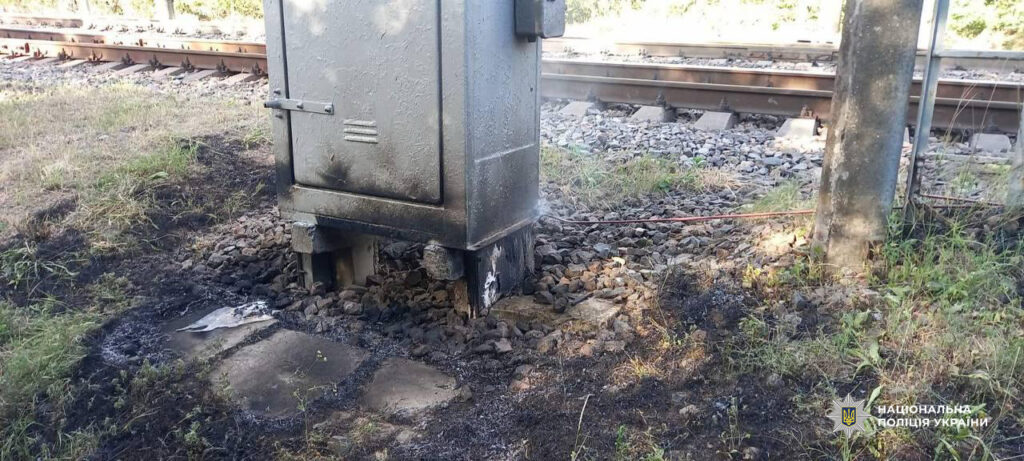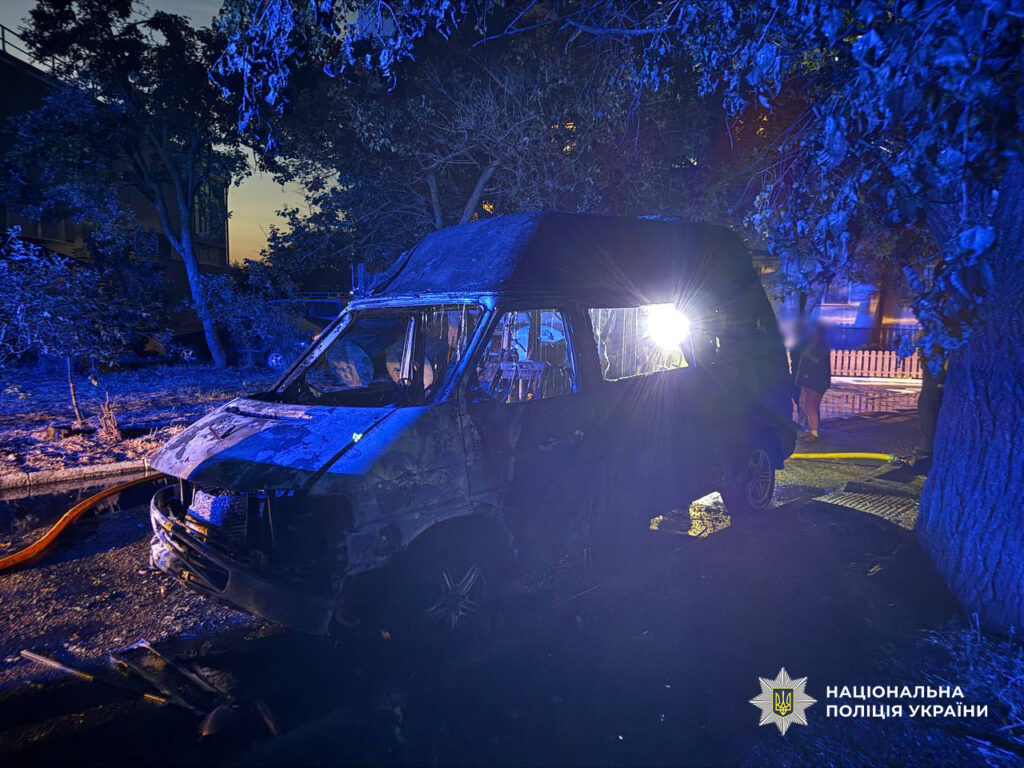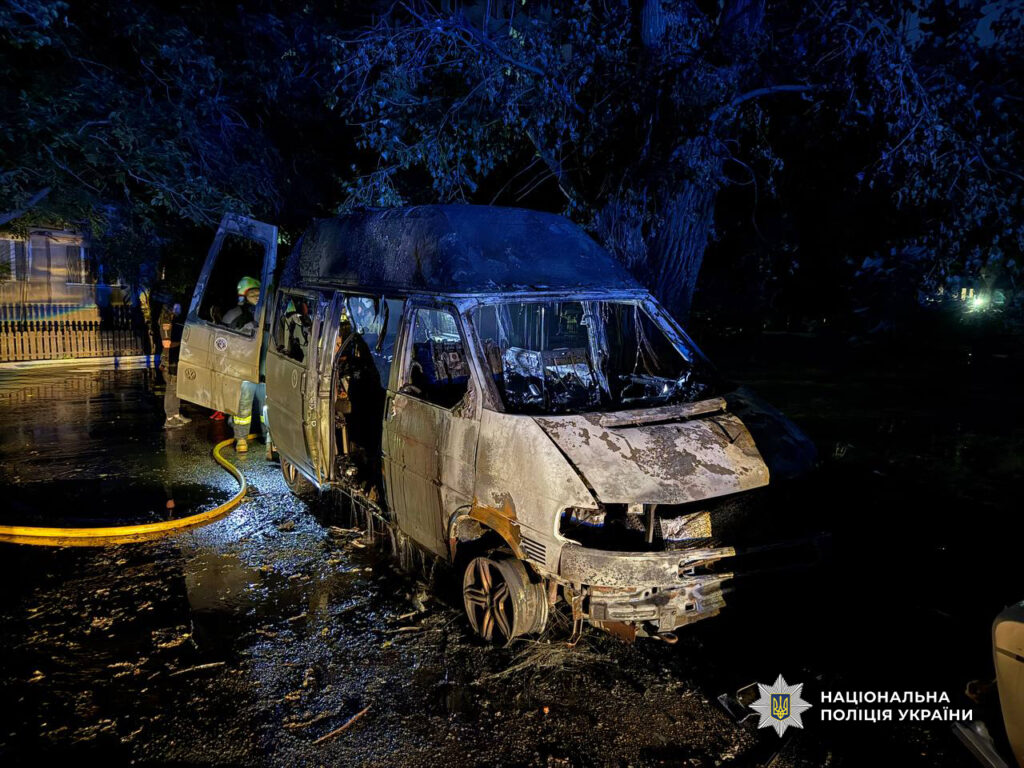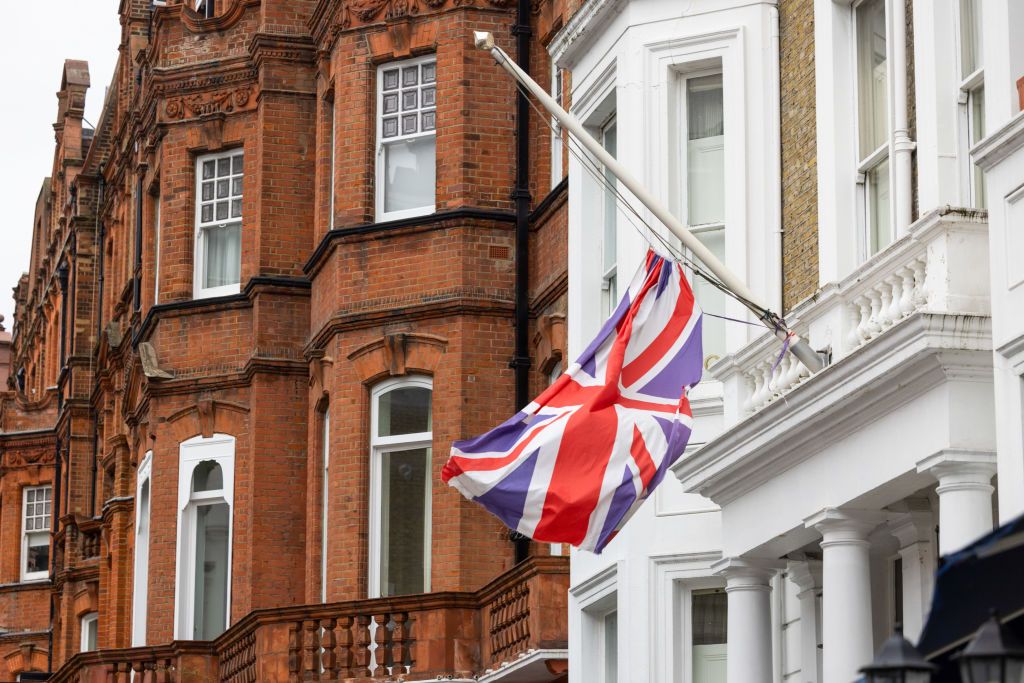Vue lecture
Jake Larson, D-Day Veteran and TikTok Star, Dies at 102

© Jim Wilson/The New York Times
Blazes in Northern Ireland Recall an Old Message: You Are Not Welcome Here

© Paul Faith/Agence France-Presse — Getty Images
Police Investigate Burning of Migrant-Boat Effigy in Northern Ireland as a Hate Crime

© Clodagh Kilcoyne/Reuters
Russian intelligence paid Ukrainian teenager and her mom for arson attacks in Odesa

Police and Security Service of Ukraine (SBU) operatives have detained a mother and her 13-year-old daughter in southern city of Odesa for conducting arson attacks on Ukrainian military infrastructure under direction from Russian intelligence services.
Russian intelligence services have systematically recruited Ukrainian civilians, including minors, to conduct domestic sabotage operations since the full-scale invasion began in February 2022.
Russian operatives target financially struggling Ukrainians through social media and encrypted messaging apps with promises of easy money. Teenagers, displaced families, and people facing economic hardship become prime targets. What do they get paid? Several hundred to several thousand dollars, typically transferred through cryptocurrency to avoid detection.
The assignments rarely vary. Burn military vehicles. Film the destruction. Send proof for payment. Ukrainian authorities report that vehicle arson represents the most common task given to recruited civilians.
Why use locals instead of professional saboteurs? Russian intelligence gets better operational security and propaganda value when Ukrainians attack their own military infrastructure. The footage serves dual purposes—actual damage and demoralization campaigns.
The case began when the minor was recruited through a messaging application, according to investigators.
Her assigned role involved coordinating target selection with her Russian handler and providing video documentation of completed attacks as proof of execution.
Law enforcement officials established that in early July, the teenager doused a railway relay cabinet with flammable liquid and set it ablaze. The relay cabinet belonged to Ukrainian Railways infrastructure.

Several days later, the girl received instructions to target a Volkswagen vehicle owned by a female Ukrainian service member. The car had been used at the front lines for evacuating wounded soldiers, investigators determined. Facing this more complex assignment, the teenager approached her 58-year-old mother for assistance.
Rather than declining to participate, the woman agreed to join the operation. The pair carried out the vehicle arson during nighttime hours in the regional center, using similar methods to their previous attack.


Ukrainian prosecutors have classified the actions as attempted sabotage committed during martial law and obstruction of Armed Forces operations during the special period. The adult defendant faces charges under the latter statute, which carries a maximum penalty of eight years imprisonment, according to the prosecutor’s office.
The minor has been transferred to custody and guardianship authorities rather than facing criminal prosecution due to her age. Compulsory educational measures may be applied in her case, officials stated.
Earlier, Ukrainian law enforcement reported that Russian intelligence is conducting a covert sabotage campaign across Ukraine and Europe by recruiting vulnerable individuals, especially elderly Ukrainians, through deceptive phone calls and messaging apps like Viber.
They impersonate Ukrainian security officials, such as the Security Service of Ukraine (SBU) or police, to blackmail pensioners with fabricated charges—like alleged collaboration for buying Russian-made medicines—and coerce them into carrying out sabotage tasks or paying money.
Similar recruitment tactics are used in European countries, including the Baltic states, where operatives lure locals with money or blackmail, treating them as expendable pawns.
Read also
Three men convicted in London arson plot tied to Russia's Wagner Group

Three men were found guilty on July 8 in connection with an arson attack on Ukraine-linked businesses in London, which British authorities say was orchestrated by Russia's Wagner mercenary group, Reuters reported.
The alleged ringleader, Dylan Earl, 21, had already pleaded guilty to aggravated arson over the 2024 blaze targeting companies that were supplying Elon Musk's Starlink satellite equipment to Ukraine, according to Reuters.
The systems are considered vital to Ukraine's communications and defense against Russia's ongoing invasion.
Earl also became the first person convicted under the U.K.'s National Security Act after admitting to a separate plot to attack a wine shop and restaurant in London’s upscale Mayfair district and to kidnap its owner, a prominent critic of Russian President Vladimir Putin.
Two others, Jake Reeves, 23, and Earl’s associate, also pleaded guilty to aggravated arson, with Reeves admitting to a charge under the National Security Act for receiving a material benefit from a foreign intelligence agency.
A jury at London's Old Bailey court convicted three additional men, Nii Kojo Mensah, 23, Jakeem Rose, 23, and Ugnius Asmena, 20, of aggravated arson. They had denied the charges. A fourth man, Paul English, 61, was acquitted.
Two other defendants, Ashton Evans, 20, and Dmitrijus Paulauskas, 23, were charged with failing to disclose knowledge of terrorist activity. Evans was convicted on one count and cleared of another. Paulauskas was acquitted of both charges and reportedly broke down in tears as the verdict was read.
Commander Dominic Murphy of the London Metropolitan Police reportedly said he was confident the Wagner Group and the Russian state were behind the attacks.
The U.K. has designated the Wagner Group as a terrorist organization.
Earl had exchanged hundreds of encrypted messages with a supposed Wagner handler using the alias "Privet Bot" on Telegram. According to reporting by the Organized Crime and Corruption Reporting Project (OCCRP), the account was previously advertised by Grey Zone, a Wagner-affiliated channel.
Prosecutors said Earl expressed interest in fighting for Wagner and was encouraged to recruit contacts from British soccer hooligan networks, Irish republican groups, and organized crime circles, Reuters reported. He and Evans also admitted to unrelated charges of dealing cocaine.
The Russian Embassy in London has denied any involvement in the warehouse attack and accused the British government of blaming Russia for domestic issues.
The Kremlin has consistently rejected accusations of sabotage and espionage, despite growing evidence and convictions tied to Russian-linked operations across Europe.
 The Kyiv IndependentLiliane Bivings
The Kyiv IndependentLiliane Bivings
